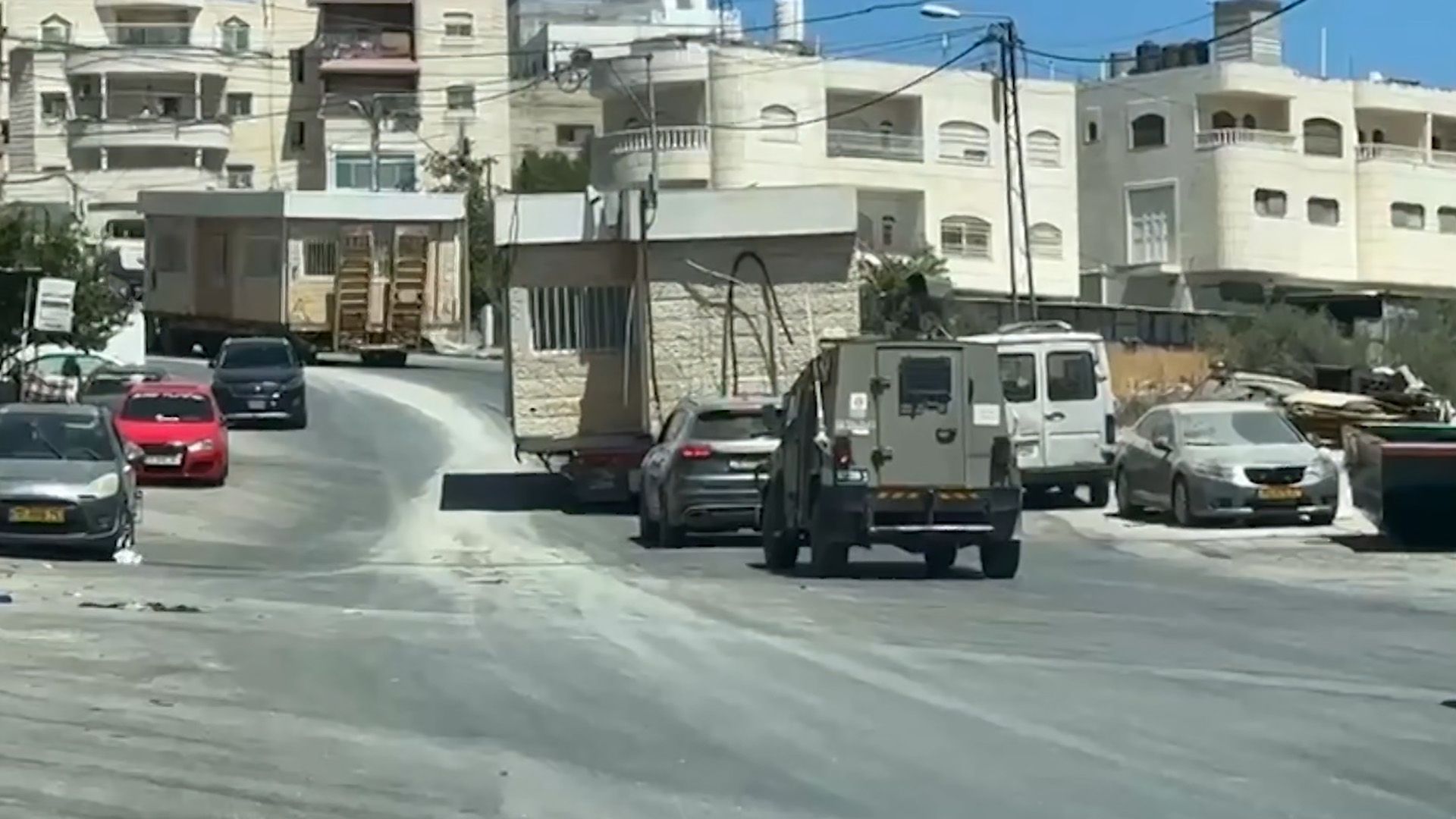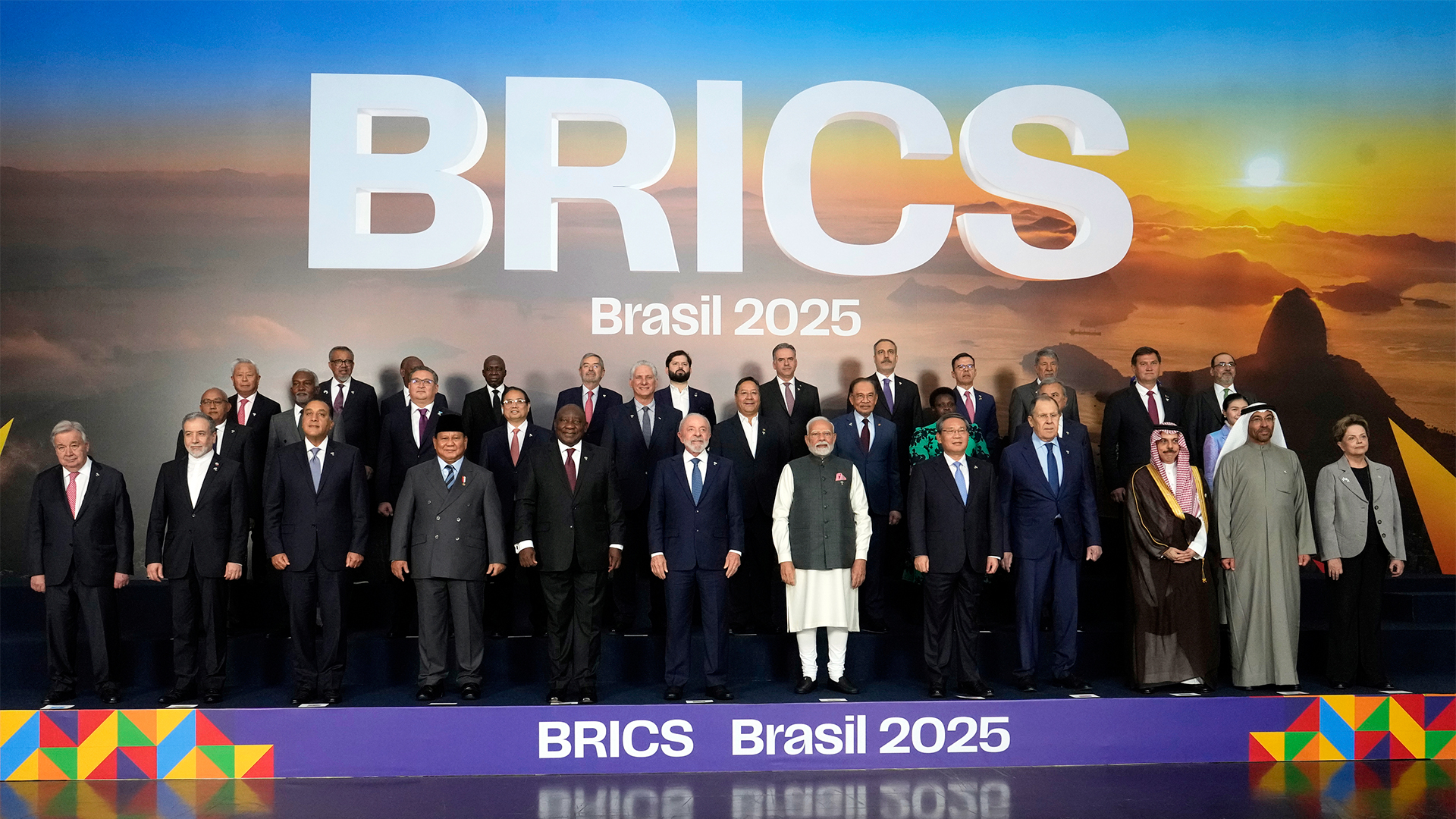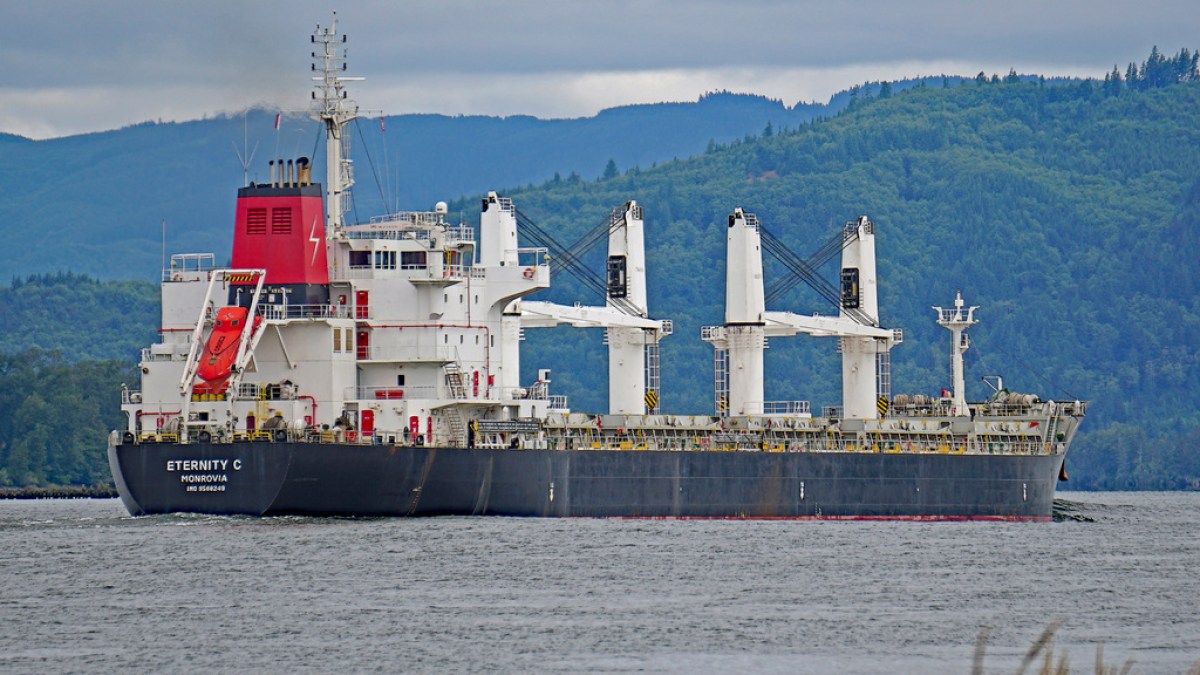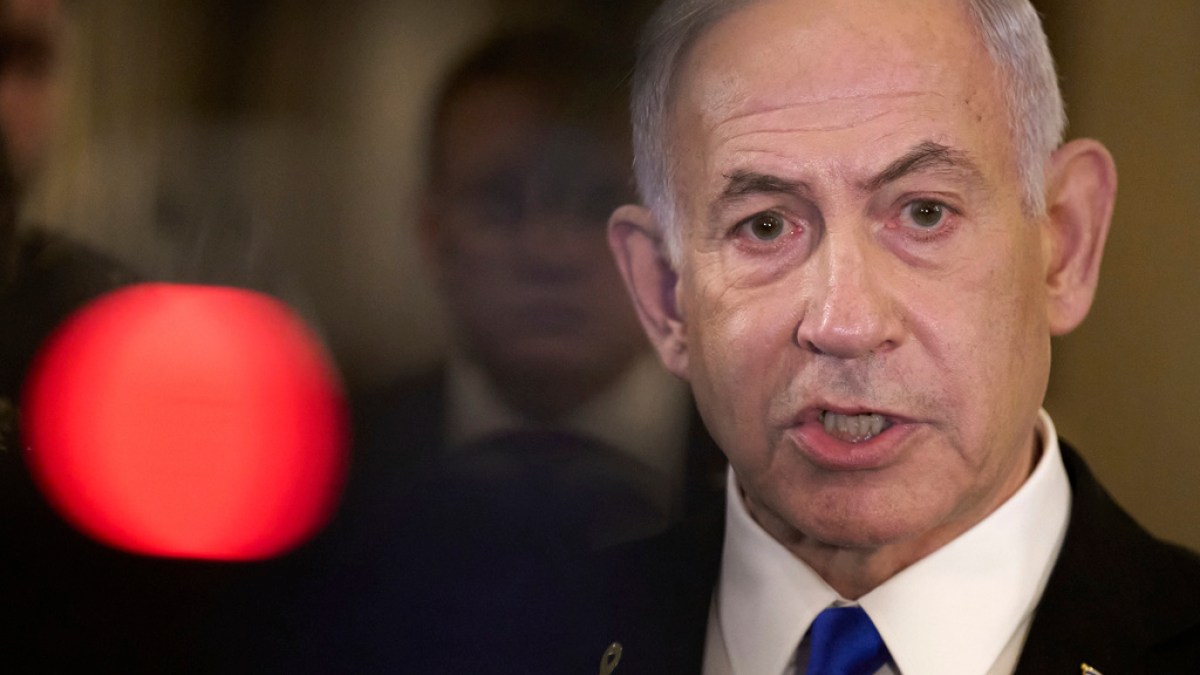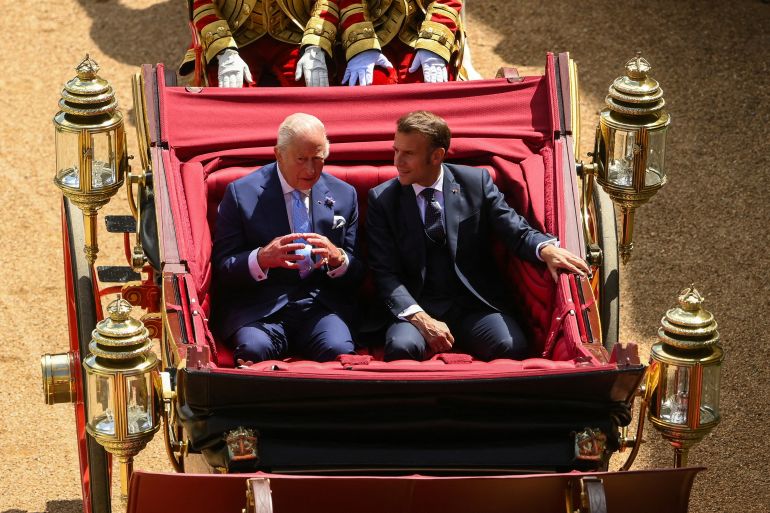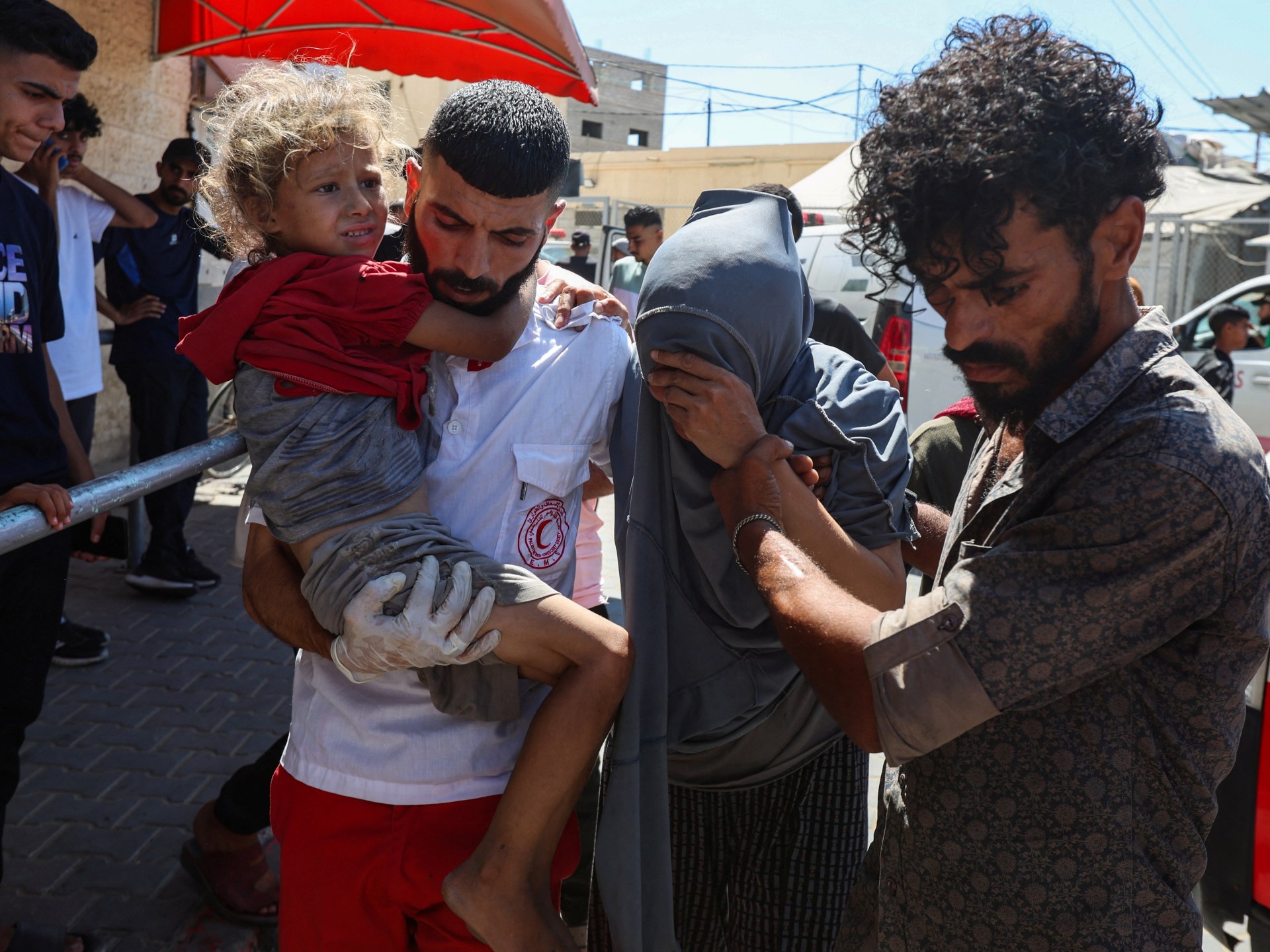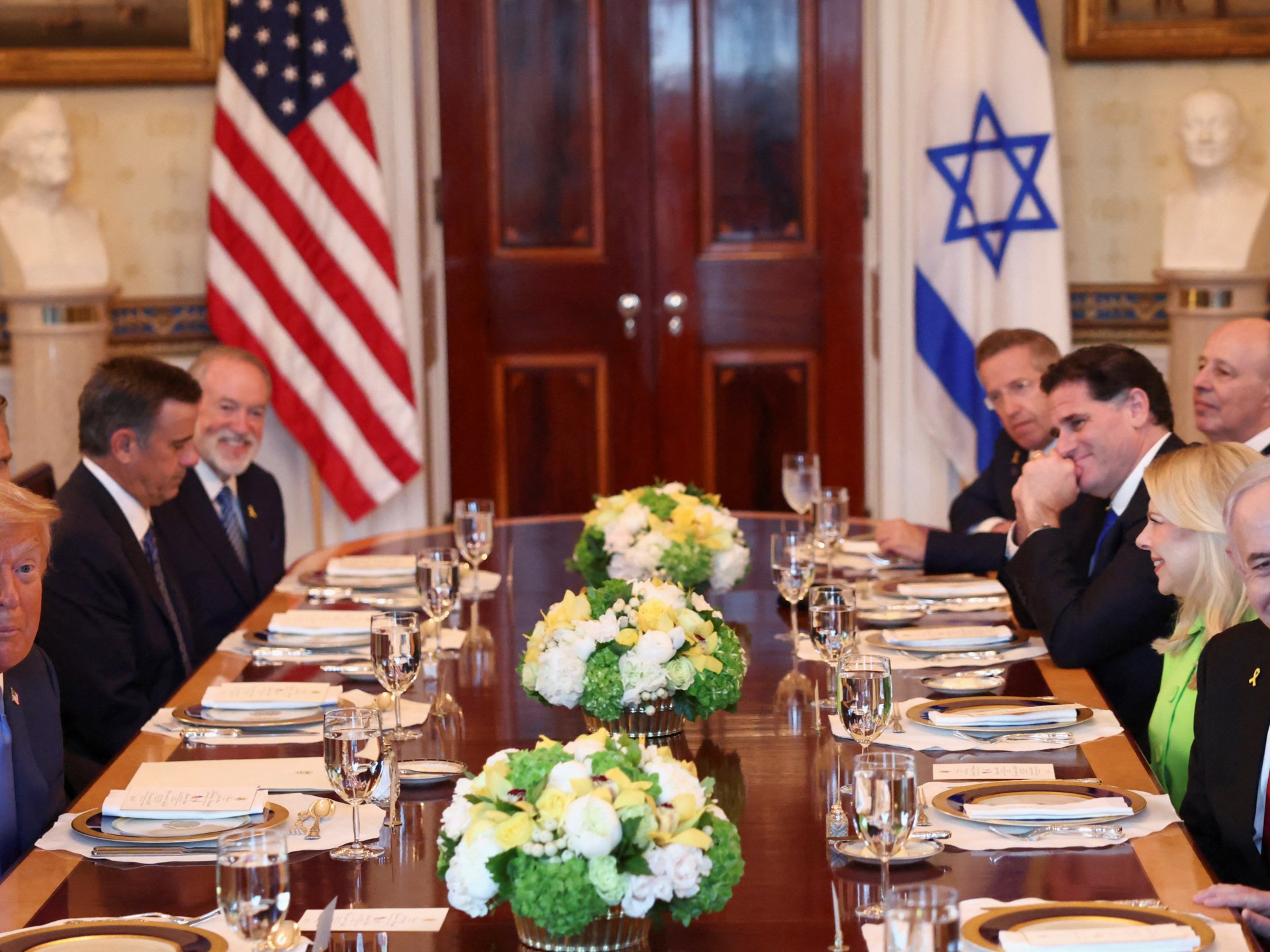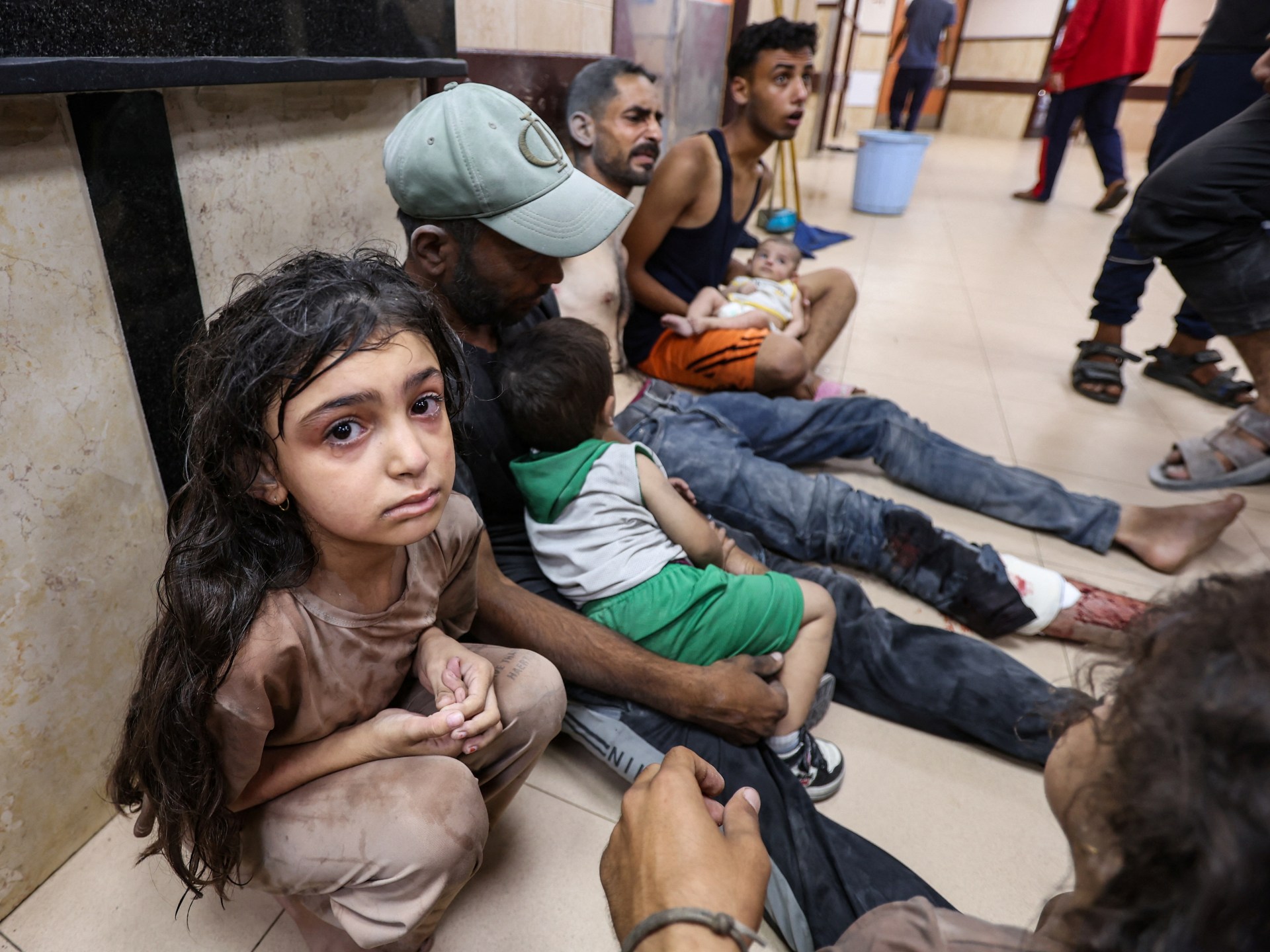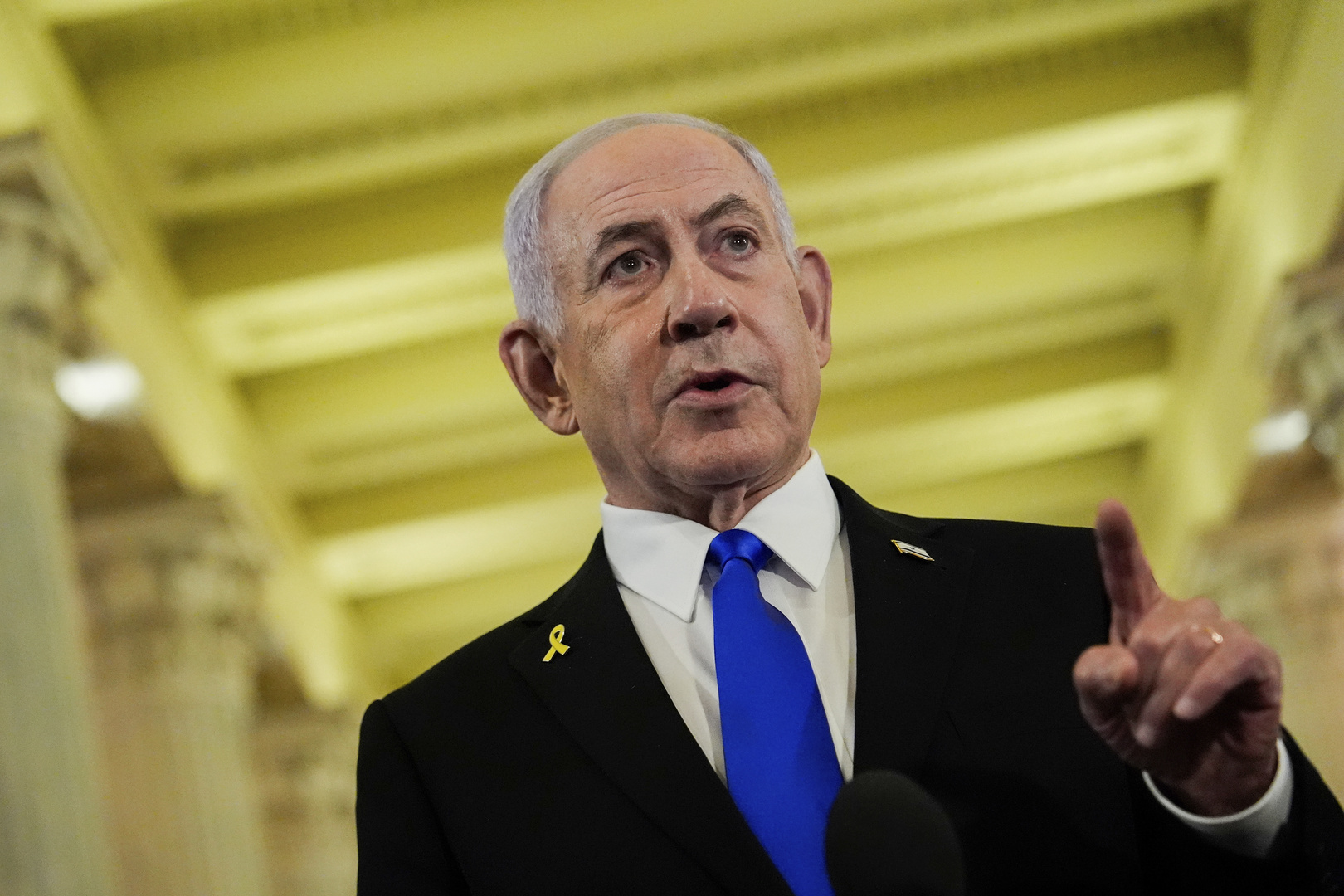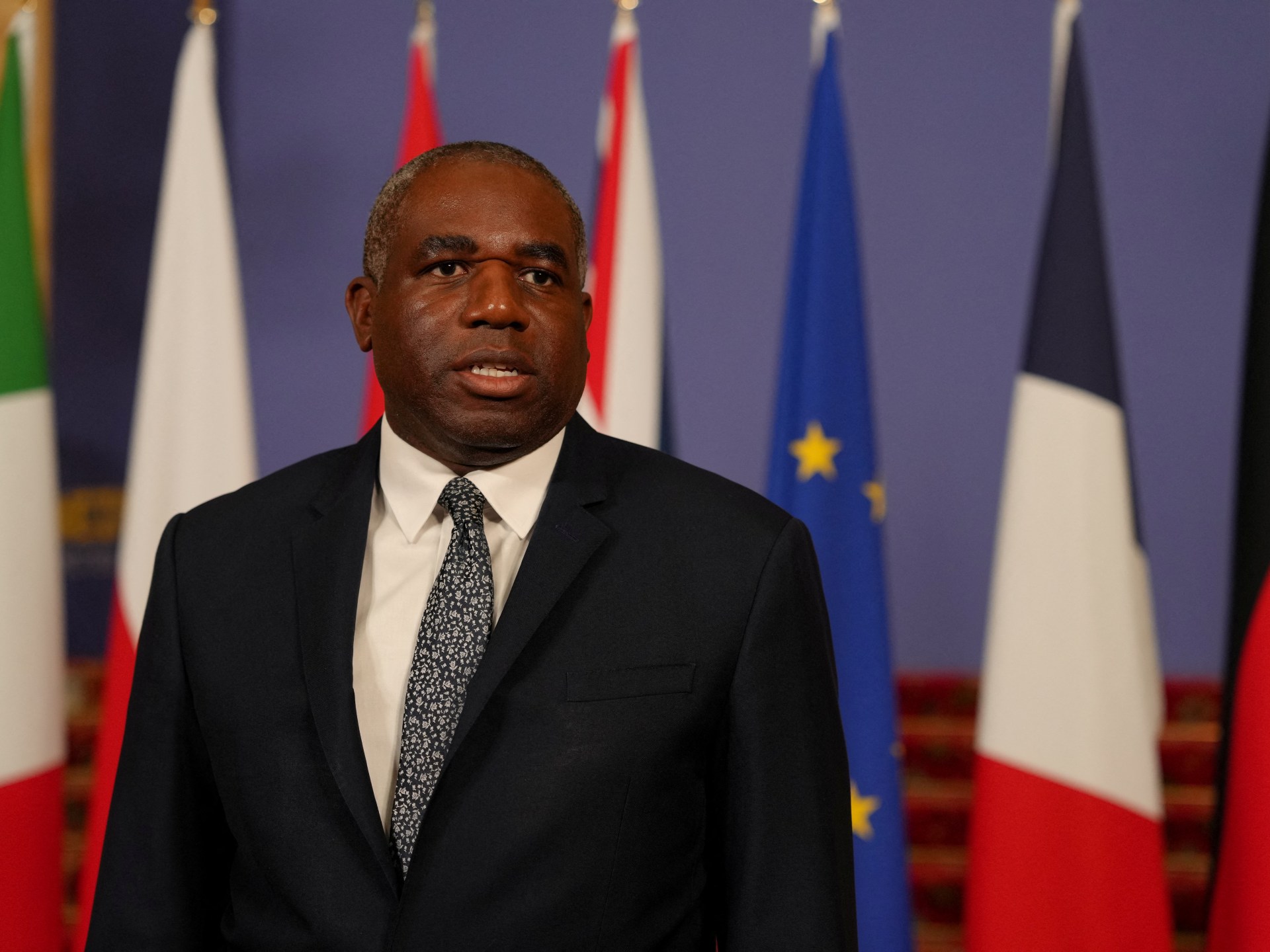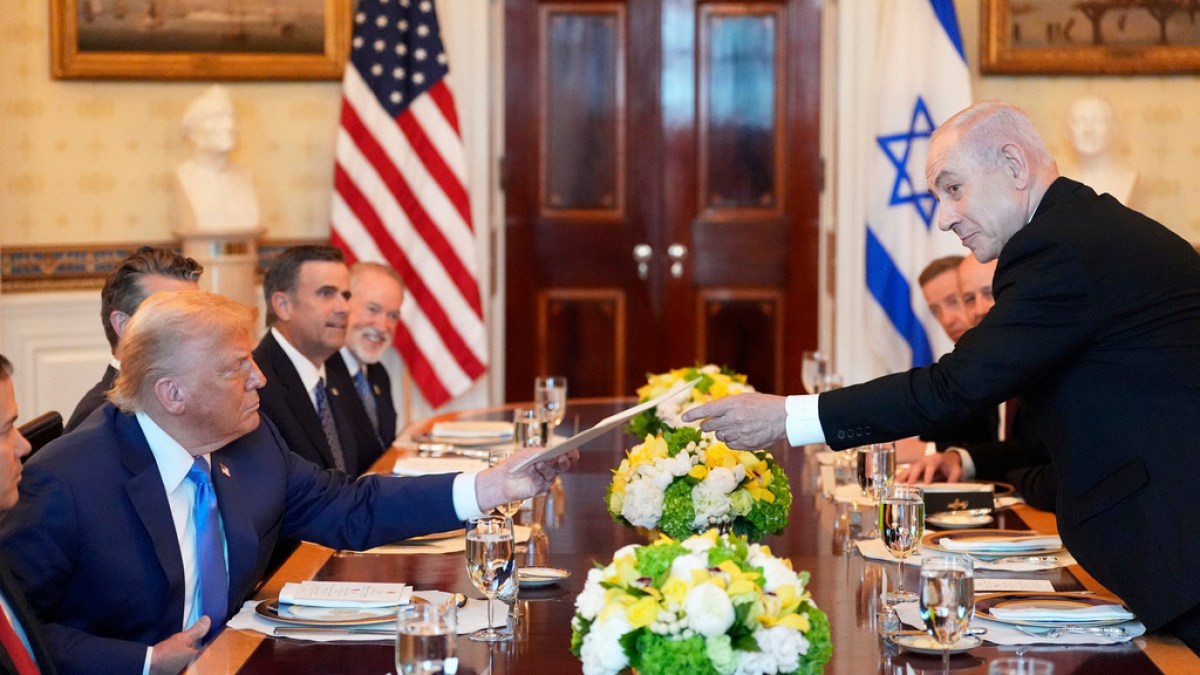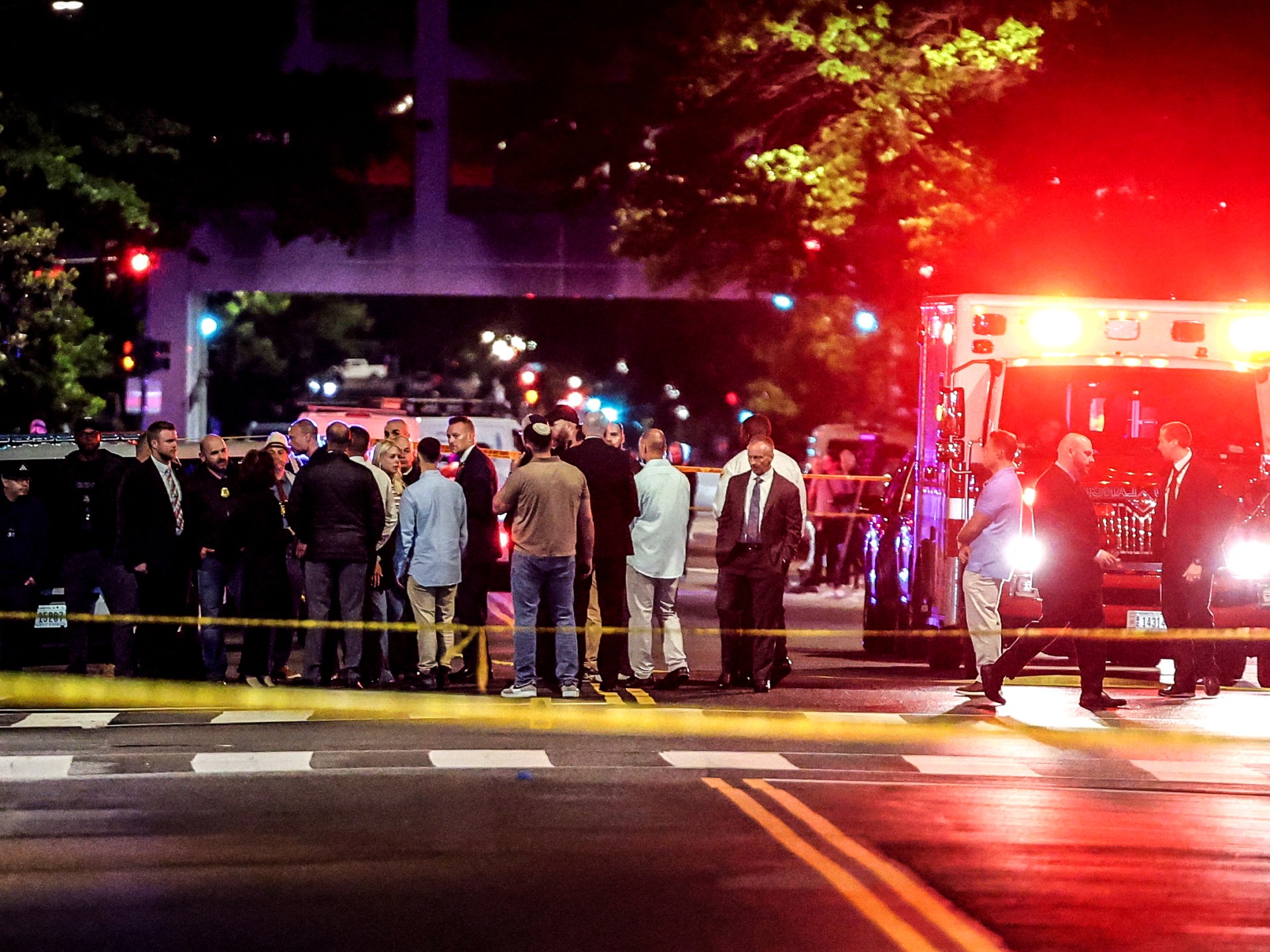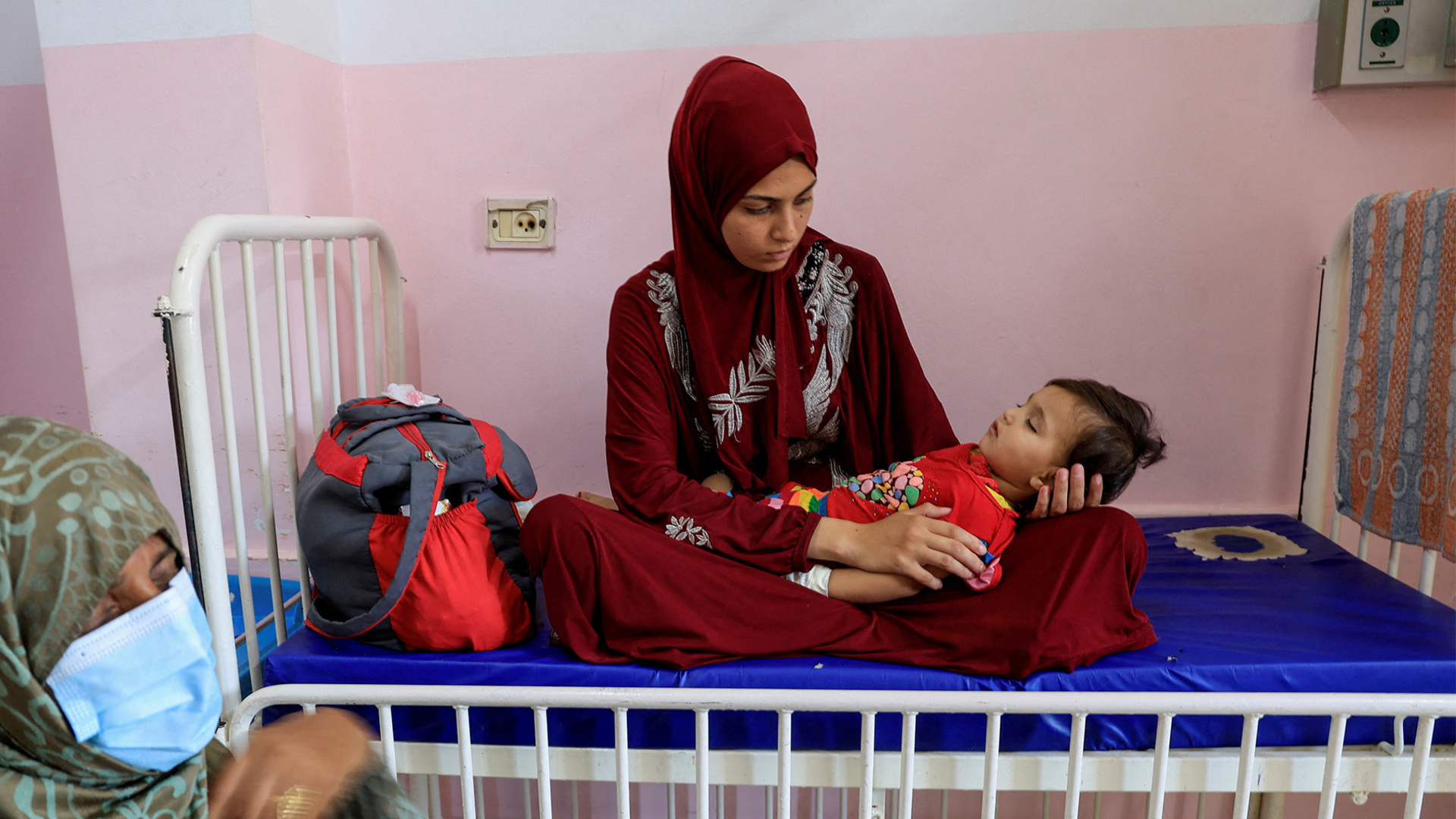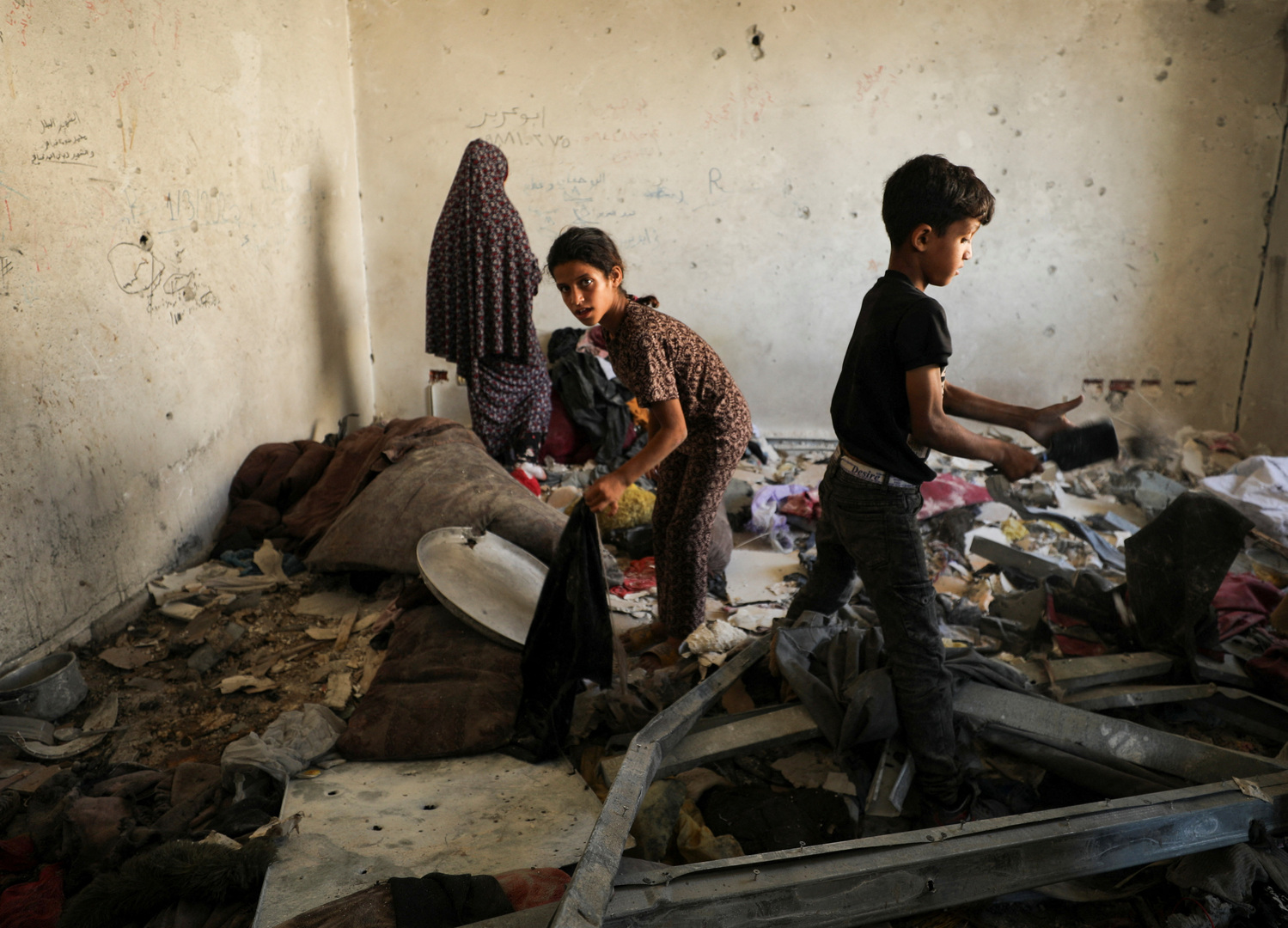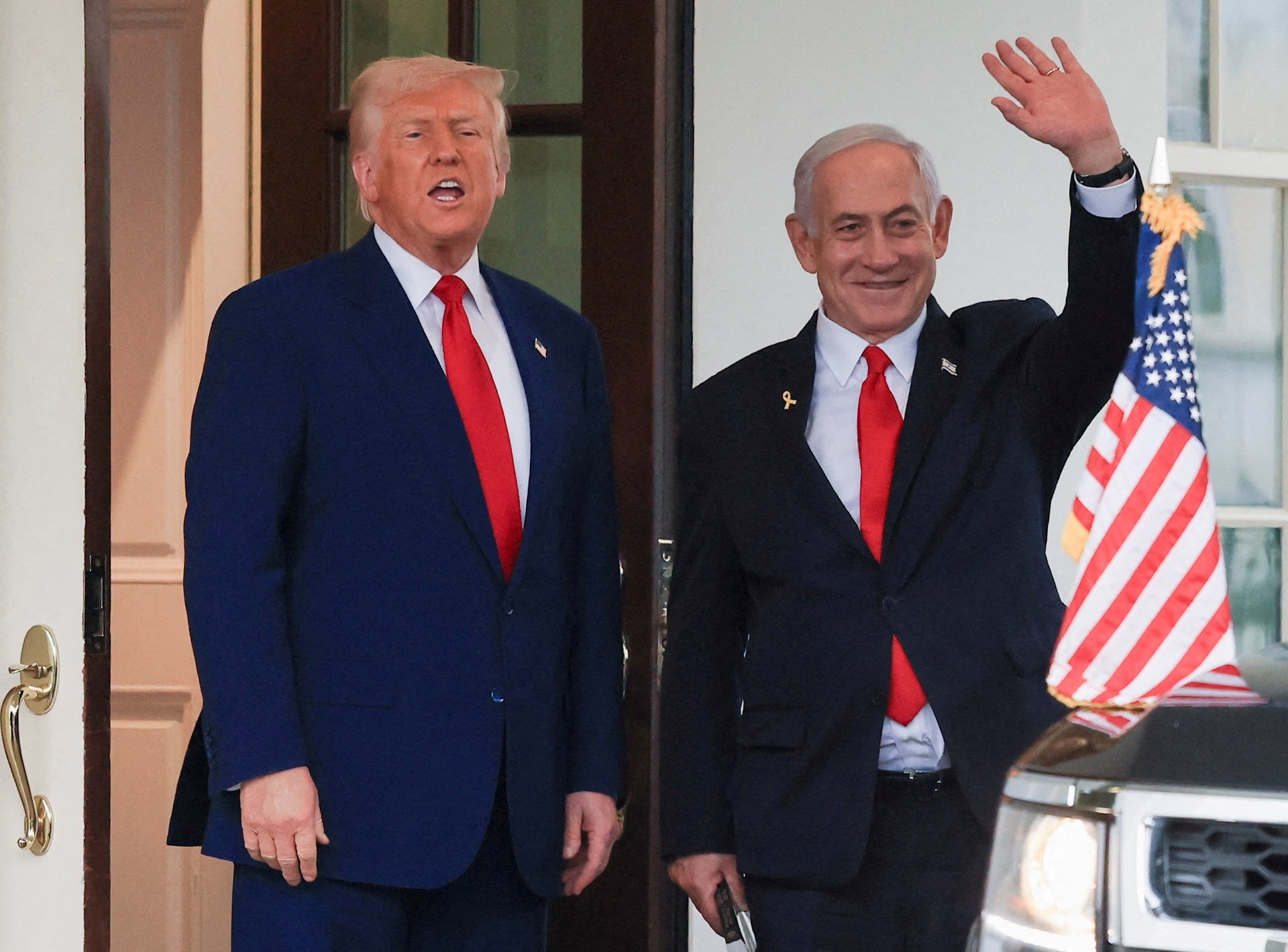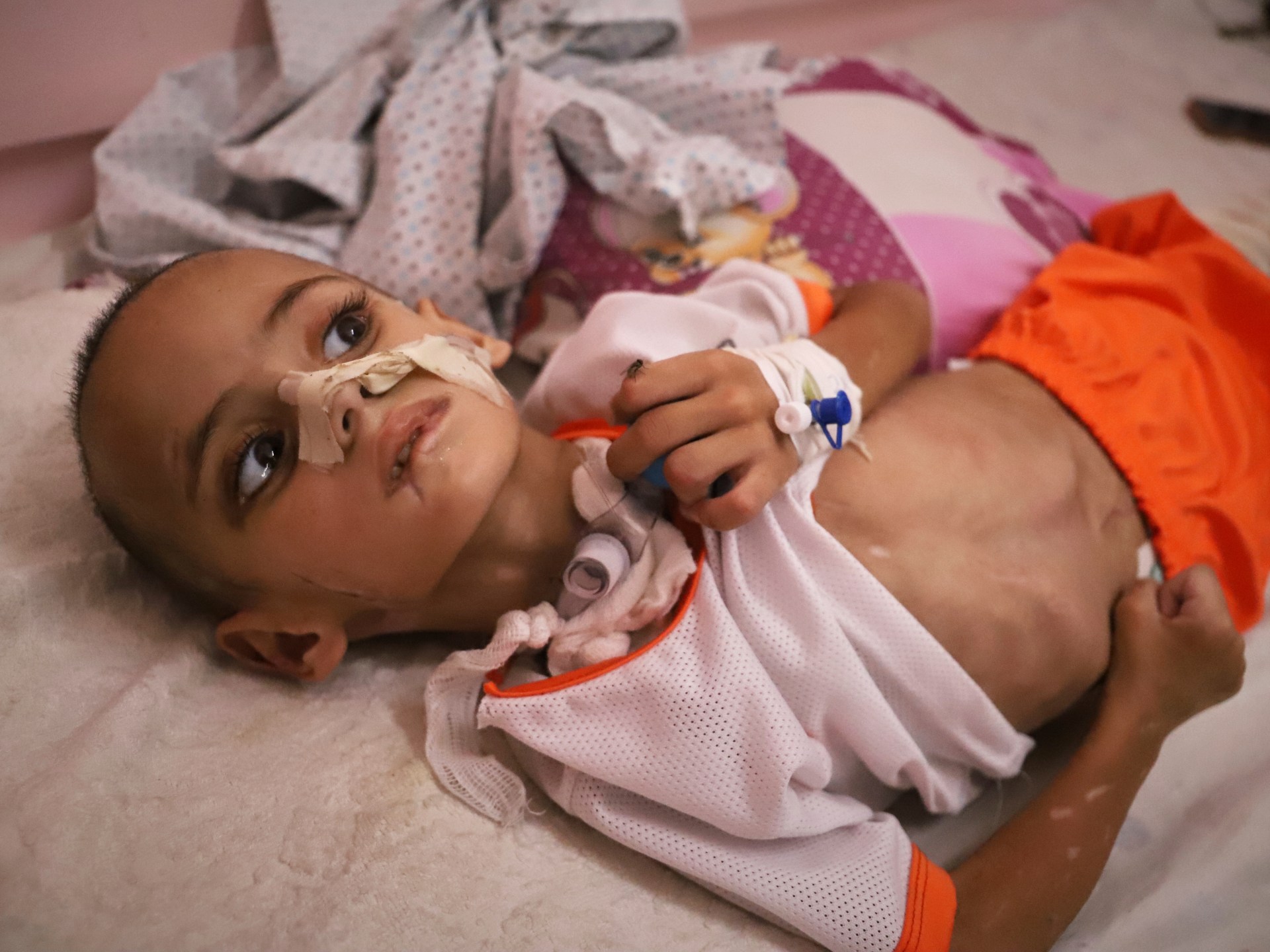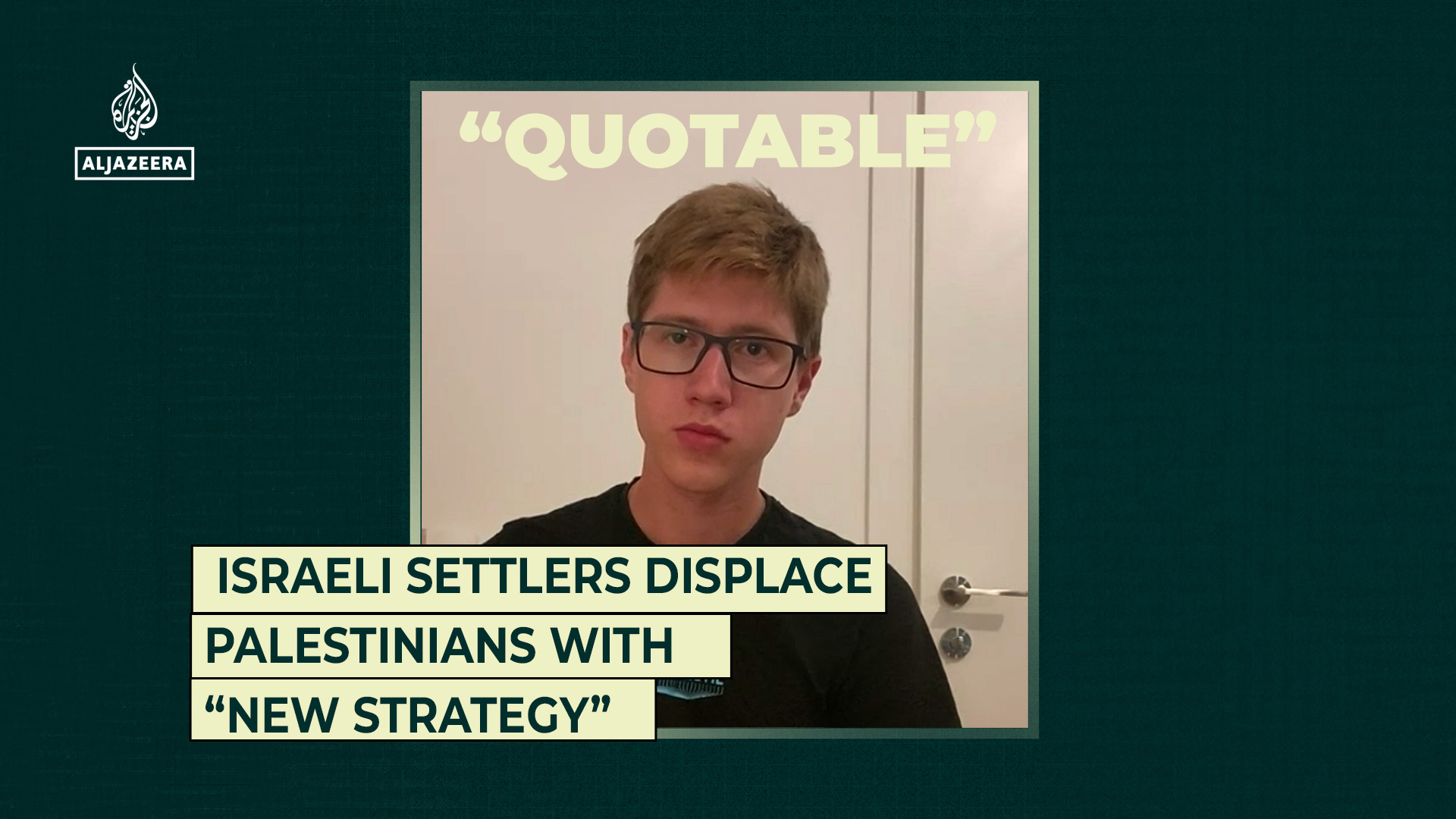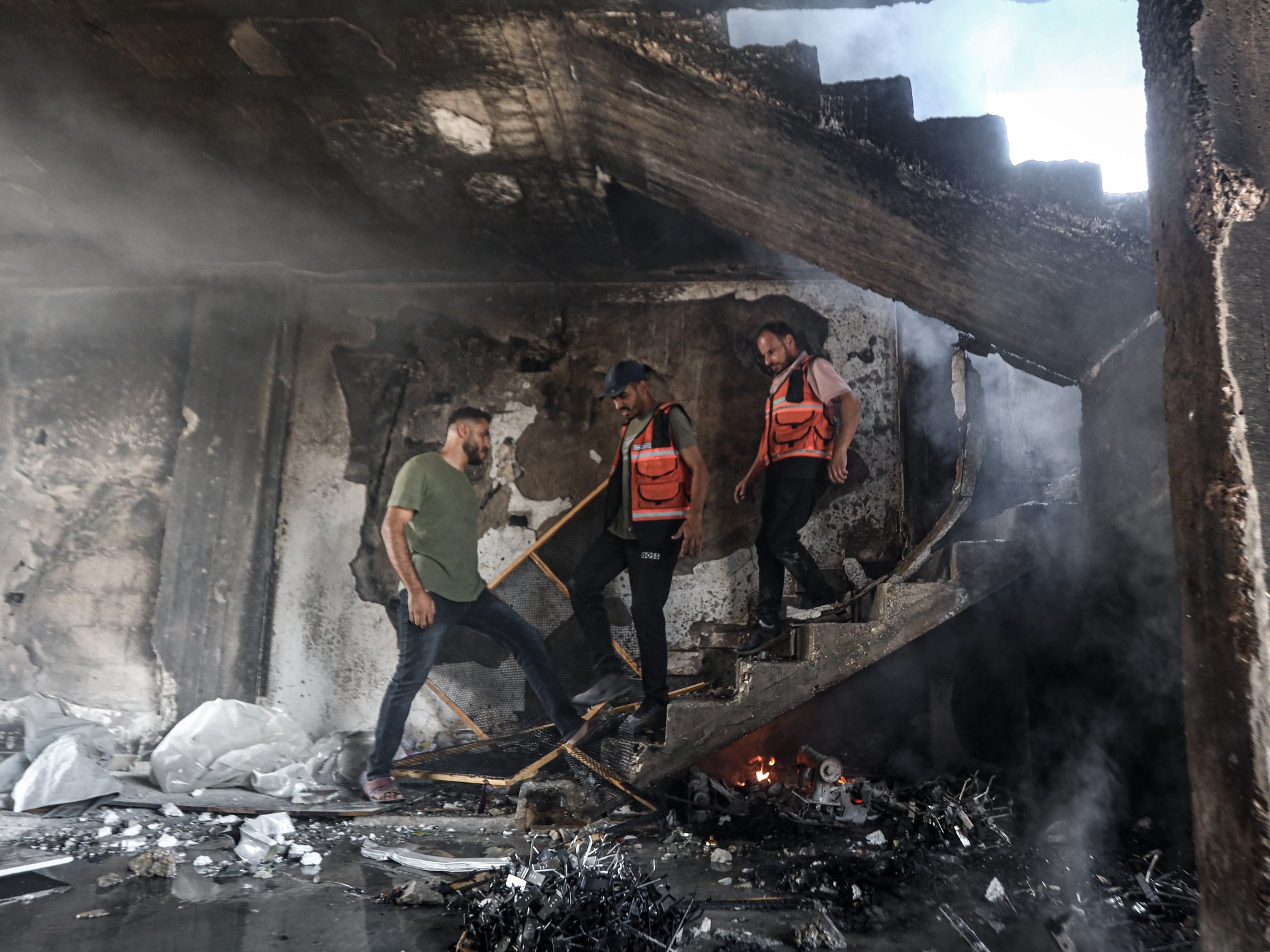Israeli Prime Minister Benjamin Netanyahu has met United States President Donald Trump at the White House, with the two leaders repeating their controversial proposal to forcibly transfer thousands of Palestinians out of the Gaza Strip.
Trump and Netanyahu met for dinner in the Blue Room of the White House on Monday as indirect talks in Qatar between Israel and Hamas on US-backed proposals for a 60-day ceasefire to end the 21-month Gaza war appeared to gather some momentum.
Netanyahu told reporters present at the meeting that the US and Israel were working with other countries to give Palestinians a “better future”, suggesting that the residents of Gaza could move to neighbouring nations.
“If people want to stay, they can stay, but if they want to leave, they should be able to leave. It shouldn’t be a prison. It should be an open place and give people a free choice,” Netanyahu said.
“We’re working with the United States very closely about finding countries that will seek to realise what they always say, that they wanted to give the Palestinians a better future. I think we’re getting close to finding several countries.”
Trump, who earlier this year caused outrage when he floated his idea of relocating Palestinians and taking over the Strip to turn it into a “Riviera of the Middle East”, said there had been “great cooperation” on the matter from “surrounding countries”.
“So something good will happen,” he added.
‘Recipe for catastrophe’
“This is something the Israelis have been saying for some time, calling it the ‘voluntary migration’ of Palestinians from their homelands. But of course, this has been condemned as ethnic cleansing,” Al Jazeera’s Hamdah Salhut said, reporting from Amman, Jordan.
Former Israeli diplomat Alon Pinkas told Al Jazeera that just because there are ongoing reports and statements about relocating Palestinians in Gaza to other countries, it does not mean that there is a “practical plan”.
“The fact that the Israeli defence minister blurts some ideas out, or even the prime minister, or even the president of the United States, doesn’t mean there is a plan,” he said.
“In early February, Trump spoke about a Palestinian Riviera, and within 36 hours, he changed that from a Riviera for the Palestinians to the Palestinians will be expelled,” he added.
Pinkas explained that amid reports that the Boston Consulting Group, which has been asked to come up with a plan to relocate Palestinians, it “doesn’t mean it’s implementable, it doesn’t mean it’s practical”.
“[It] is a recipe for catastrophe because it ensures that no [post-war] agreement in Gaza is durable,” Pinkas said.
Trump and Netanyahu met as Israeli and Hamas negotiators held a second day of indirect talks in Qatar, seated in different rooms in the same building. Proposals for a 60-day pause in fighting envisage a phased release of Hamas-held captives and Palestinian prisoners, Israeli troop withdrawals from parts of Gaza, and discussions on completely ending the war.
But a sticking point is whether the ceasefire will end the war altogether. Hamas has said it is willing to free all the captives in exchange for all Palestinian prisoners and a full Israeli withdrawal from Gaza. Netanyahu says the war will end once Hamas surrenders, disarms and goes into exile – something the Palestinian group refuses to do.
In advance of Netanyahu’s visit to the US, Trump predicted that a ceasefire deal could be reached this week. But Netanyahu appeared cagey, ruling out a full Palestinian state, saying Israel will “always” keep security control over the Gaza Strip.
Monday’s talks in Qatar ended with no announcements. Trump’s special envoy Steve Witkoff, who played an important role in crafting the proposals, is expected to join negotiators in Qatar this week.
Coveted Nobel nomination
Trump and Netanyahu’s discussions came just over two weeks after the former ordered the bombing of Iranian nuclear sites in support of Israeli air strikes, before announcing a ceasefire in the 12-day Israel-Iran war.
During their meeting, Netanyahu gave Trump a letter that he said had been used to nominate the US president for the Nobel Peace Prize. Trump, appearing pleased by the gesture, thanked him.
“So much of this is about optics,” said Al Jazeera’s Phil Lavelle, reporting from Washington, DC. “Of course, the [Israeli] prime minister will be very keen to make sure that this is seen back home as a major success … He is very keen to make sure that he is portrayed as being back in the good favours of Donald Trump.”
Trump has made little secret of the fact that he covets a Nobel, trumpeting recent truces that his administration facilitated between India and Pakistan, and the Democratic Republic of the Congo (DRC) and Rwanda.
During the meeting, Trump indicated that Iranian officials have reached out to the US to schedule talks about Iran’s nuclear programme. Negotiations had started in April but were scuppered after Israel launched attacks last month.
“We have scheduled Iran talks, and they … want to talk. They took a big drubbing,” said the US president.
Sitting at the table with Trump, Witkoff said the meeting would be soon, perhaps in a week.
Iranian President Masoud Pezeshkian said in an interview with US journalist Tucker Carlson, released on Monday, that he believed Tehran could resolve its differences with Washington through dialogue.
Netanyahu, who also met Witkoff and Secretary of State Marco Rubio on Monday, is due to meet Vice President JD Vance on Tuesday morning (about 13:30 GMT).
